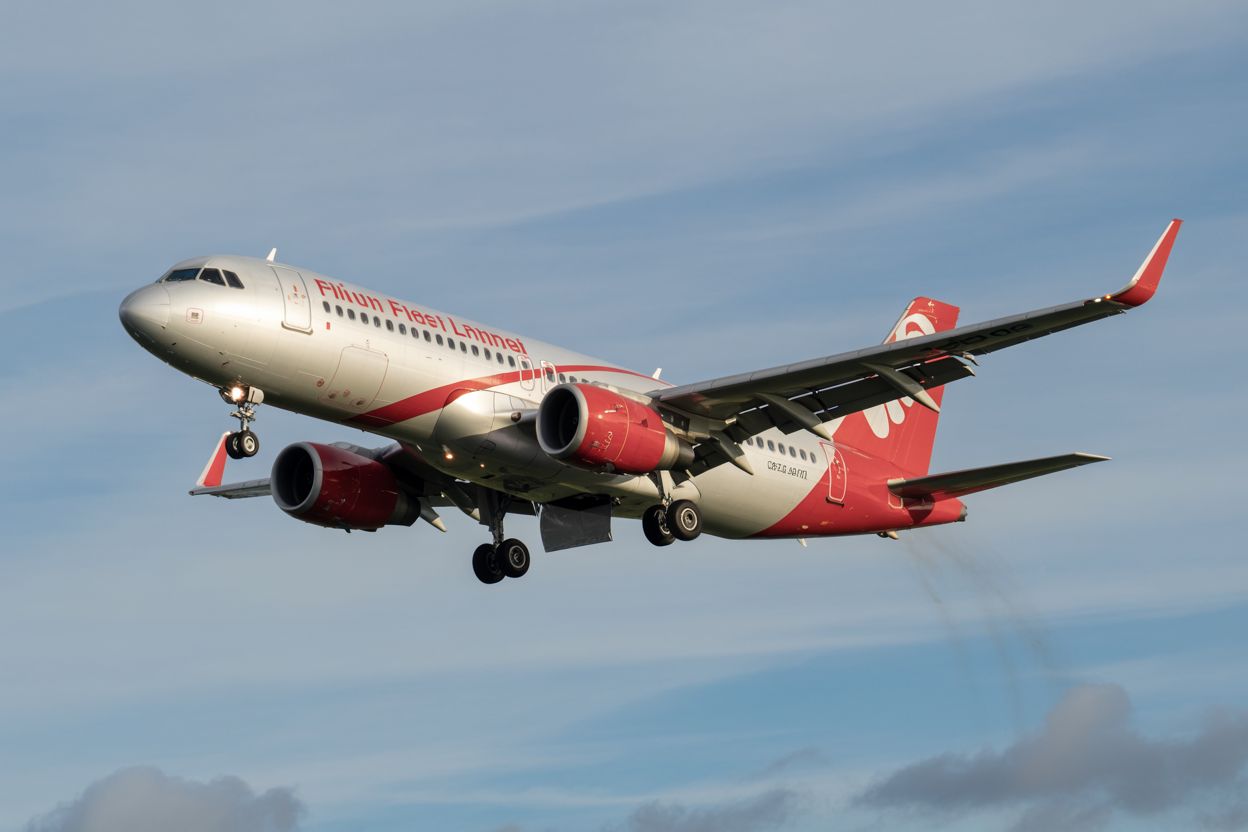Published on
November 23, 2025
By: Paramita Sarkar

The U.S. Federal Aviation Administration (FAA) has issued a flight advisory for the Maiquetía Flight Information Region (SVZM FIR), which encompasses Venezuelan airspace, highlighting a “potentially hazardous situation.” The advisory, issued on November 21, 2025, warns of elevated risks that could affect aviation operations across all altitudes, including during overflights, arrivals, departures, and ground operations at airports in Venezuela.
Who Is Affected by the FAA Advisory?
The FAA’s advisory, is not a red alert or a complete flight ban, but it serves as a precautionary measure urging airlines to exercise caution in Venezuelan airspace. The advisory is primarily aimed at international airlines operating flights to and from Caracas’s Simón Bolívar International Airport (CCS/MAI), including major carriers from the U.S., Spain, Colombia, Brazil, and Portugal.
As a result of this warning, several airlines have chosen to suspend flights to and from Venezuela, citing safety concerns linked to the ongoing security situation. These suspensions have caused disruptions for thousands of travelers, particularly those planning flights from Madrid, Bogotá, Lisbon, and São Paulo.
What Are the Details of the FAA Advisory?
The FAA advisory, which remains in effect until February 19, 2026, at 23:59 UTC, urges all airlines to provide at least 72 hours’ advance notice of any planned flights to the FAA.
Although the FAA’s advisory does not directly ban flights, it emphasizes the importance of heightened vigilance, especially in light of a worsening security situation in and around Venezuela. The FAA’s notification suggests that the current risks are significant enough to warrant adjustments to flight schedules and operational procedures for airlines traveling to the region.
What Airlines Are Suspending Flights to Venezuela?
In response to the FAA’s advisory, several major international carriers have suspended or canceled their flights to Caracas. Affected airlines include:
- Iberia (Spain): Iberia has suspended all flights to Caracas, with the Madrid-Caracas route on November 24, 2025, being canceled. The airline has not announced a date for the resumption of service.
- Avianca (Colombia): Avianca halted its Bogotá-Caracas flights starting November 22, 2025. The airline suspended its two daily services to and from Caracas, with several flights on Saturday, November 22, being canceled.
- LATAM Airlines (Chile/Brazil): LATAM canceled flights on the Bogotá-Caracas-Bogotá route for November 23 and 24, 2025, with daily monitoring to assess resumption opportunities.
- Gol Linhas Aéreas (Brazil): Flights from Brazil to Caracas were suspended beginning November 22, 2025, with cancellations affecting Saturday departures.
- TAP Air Portugal (Portugal): TAP Air Portugal has suspended its Lisbon-Caracas flights from November 22, 2025, including the scheduled Saturday flight and the next scheduled flight on November 25, 2025.
Other carriers, including Caribbean Airlines (Trinidad and Tobago), have also suspended their flights to Venezuela, contributing to a significant reduction in air travel to the region.
What Airlines Are Still Operating to Venezuela?
Not all international airlines have suspended flights to Venezuela. As of November 23, 2025, the following airlines are still operating regular flights to and from Caracas:
- Copa Airlines (Panama)
- Wingo (Colombia)
- Turkish Airlines
- Plus Ultra (Spain)
- Air Europa (Spain)
- Laser Airlines (Venezuela)
These carriers are continuing to monitor the situation closely, with some indicating that flight schedules could be adjusted depending on ongoing assessments of the security situation and operational risks.
How Are Airlines Responding to the Advisory?
While several airlines have temporarily halted their services to Venezuela, many are closely monitoring the situation and could adjust their operations based on further developments. For passengers whose flights have been canceled or affected, airlines are typically offering the option to reschedule, with some offering full refunds.
Travelers planning to fly to Venezuela are advised to check flight status frequently via tracking tools like Flightradar24 or contact airlines directly for the latest updates on cancellations and delays. Additionally, passengers should consider alternative routes or carriers that are still operating flights to Caracas or other nearby airports.
Why Are Airlines Suspending Flights?
The primary reason for these flight suspensions and cancellations is the increased risk associated with operating in the region. Reports suggest that heightened security concerns, including potential risks from radar interference and GPS disruptions, are influencing the decisions of airlines to suspend their services. Additionally, insurers are reportedly pulling coverage for flights in the region due to the elevated risk, further complicating operational decisions for airlines.
As a result, passengers traveling to and from Venezuela are experiencing significant disruptions, with more carriers potentially suspending services if the security situation worsens.
What Does This Mean for Travelers?
For travelers planning to visit Venezuela, particularly those with flights to or from Caracas, this FAA advisory serves as an important reminder of the need for caution. Airlines and passengers alike must stay informed about the latest safety developments, as the situation remains fluid and subject to change.
Travelers are advised to stay in close contact with their airlines, consider alternative travel routes where possible, and stay updated on flight statuses. With the FAA advisory in effect until February 2026, this situation may continue to affect travel to Venezuela for the foreseeable future.
Monitoring Travel to Venezuela
As the situation in Venezuela remains uncertain, the FAA’s advisory continues to have a significant impact on international travel. While some airlines are adjusting their schedules or suspending flights entirely, others are continuing to operate as usual. It’s crucial for travelers to keep informed and remain flexible with their travel plans, as the geopolitical situation in the region evolves.

